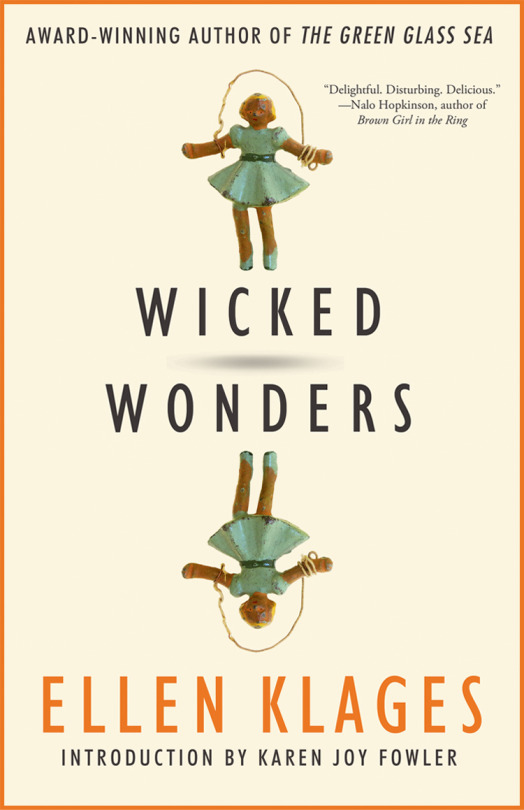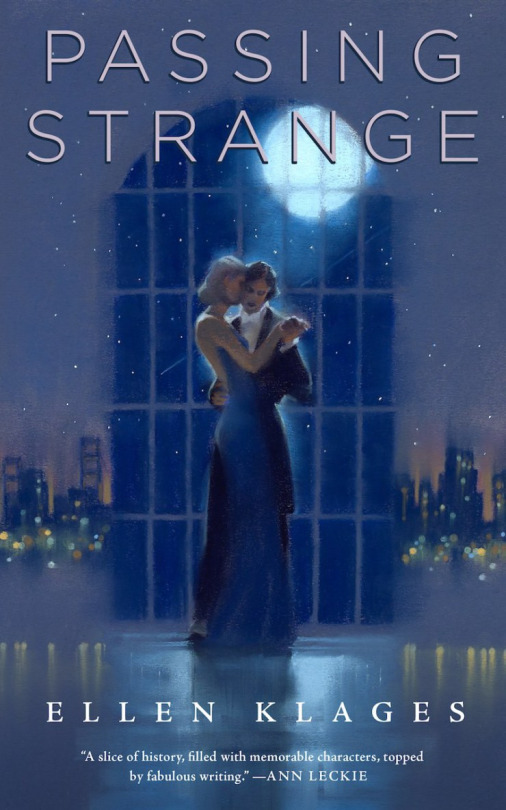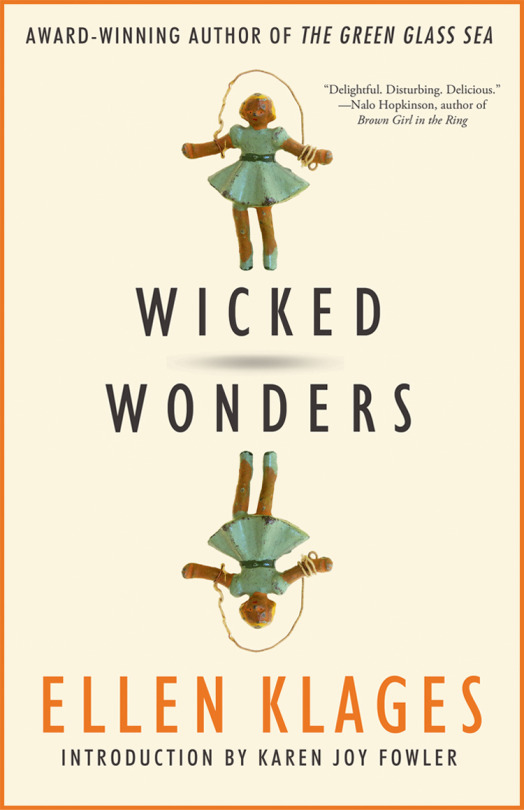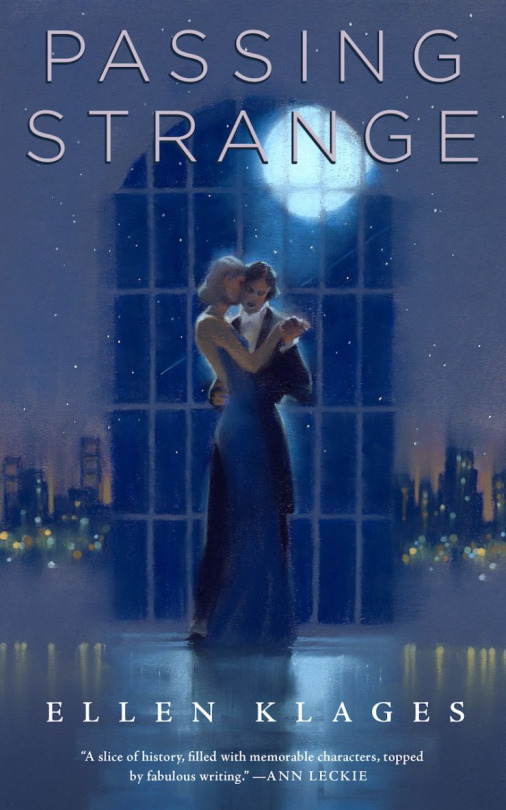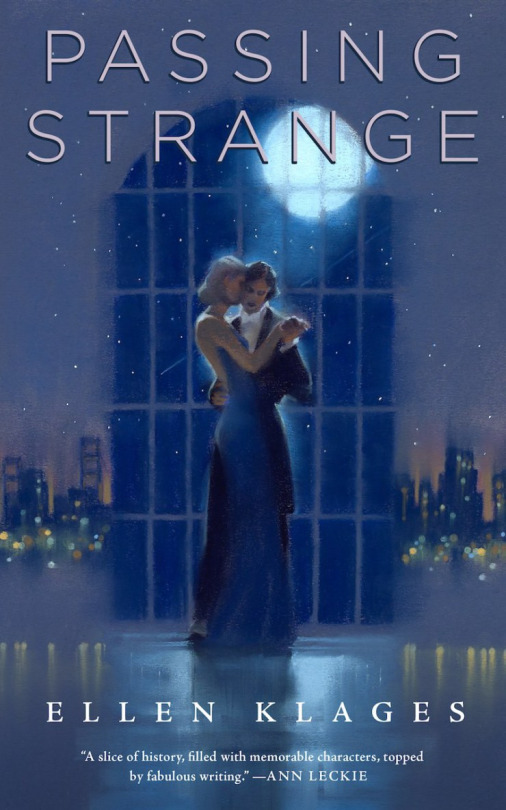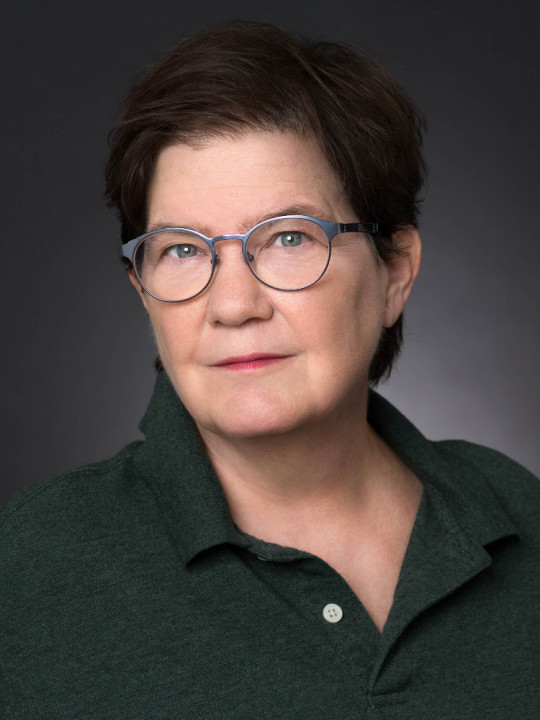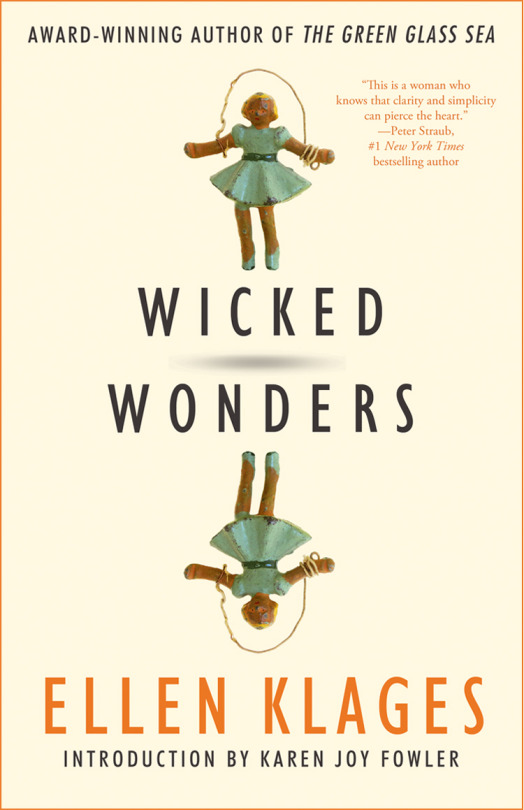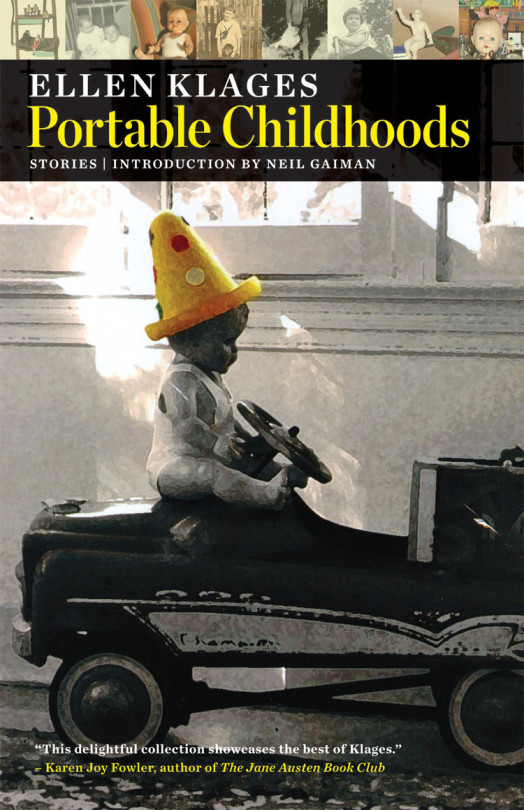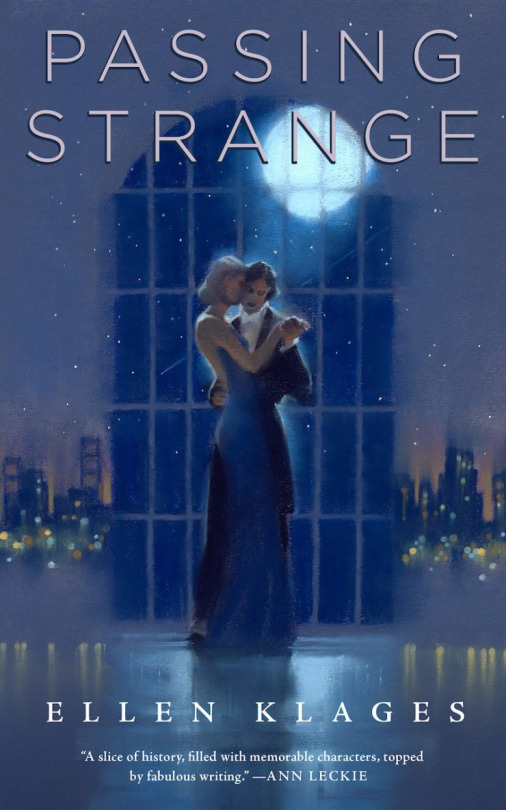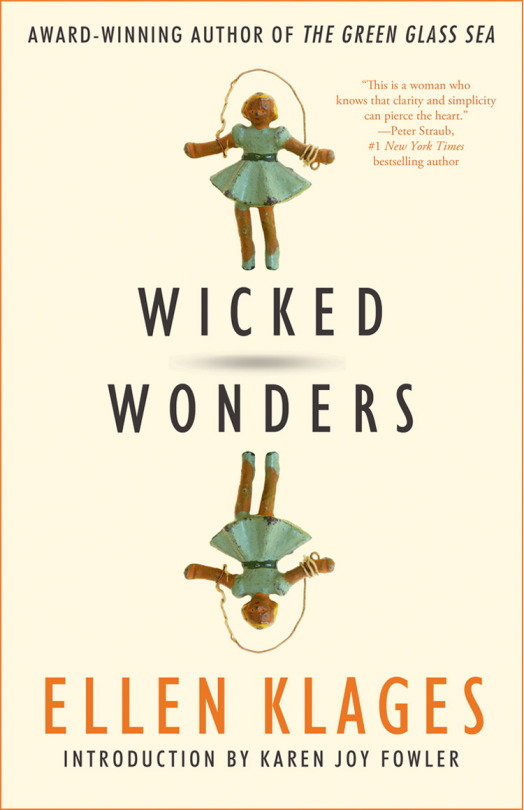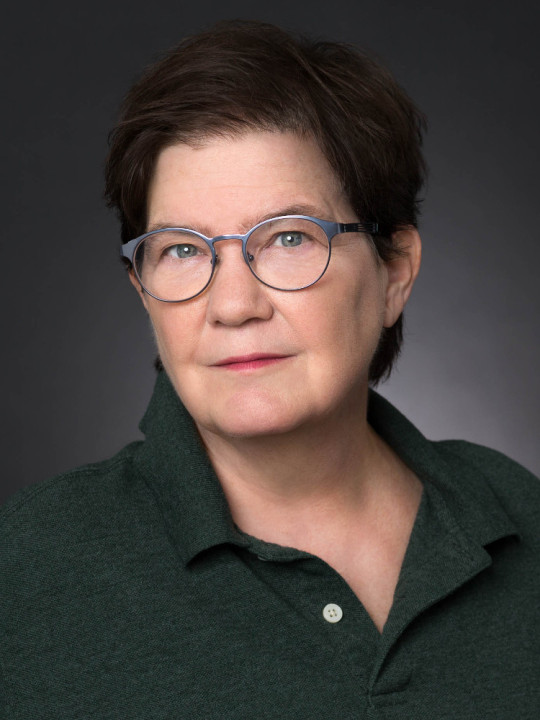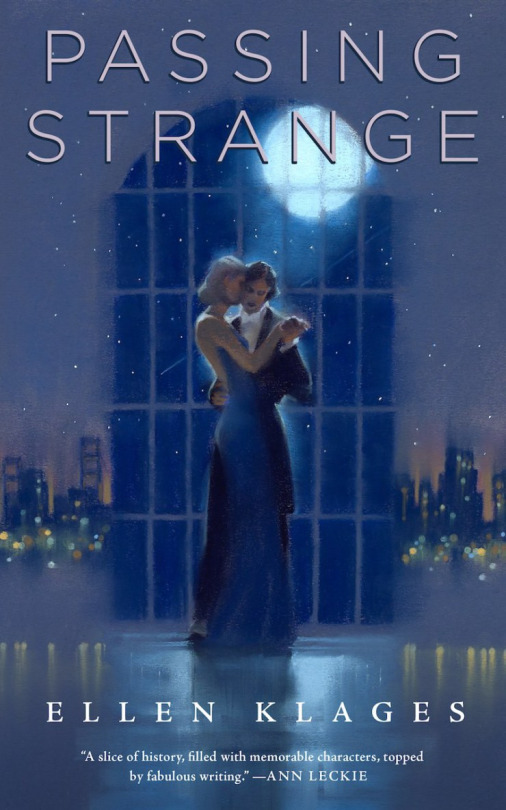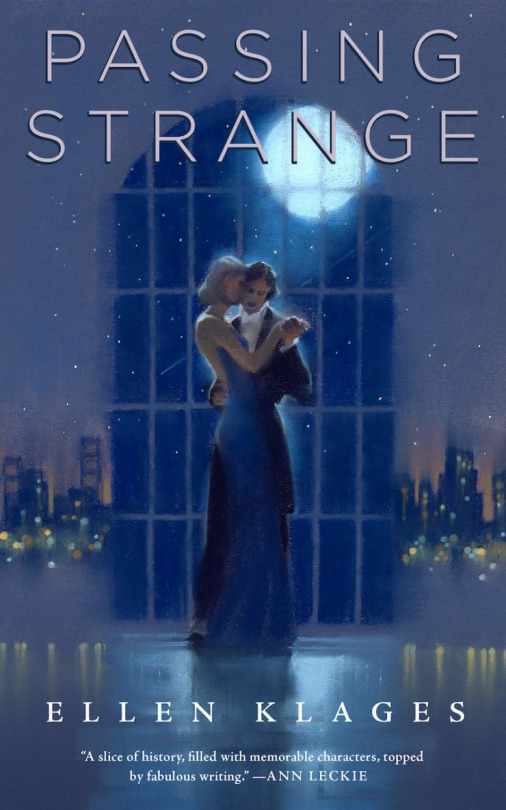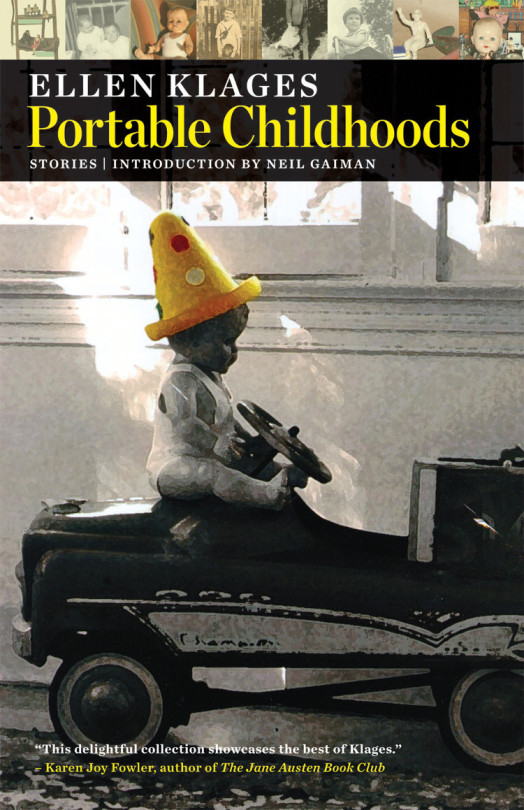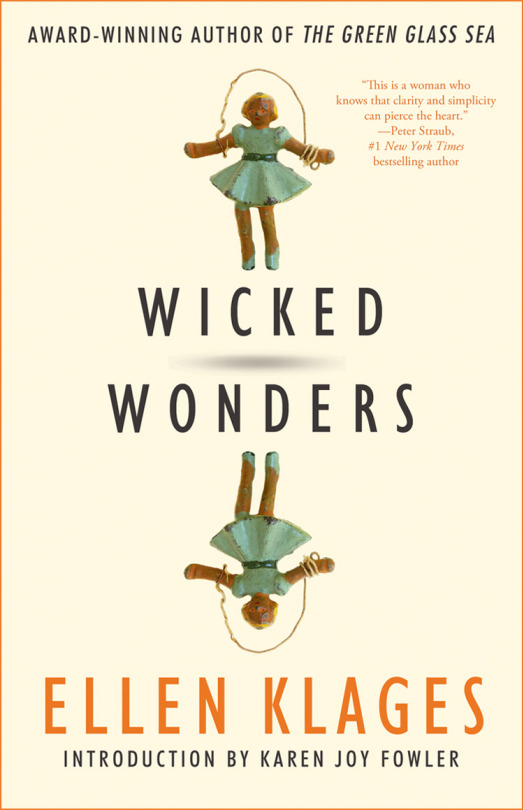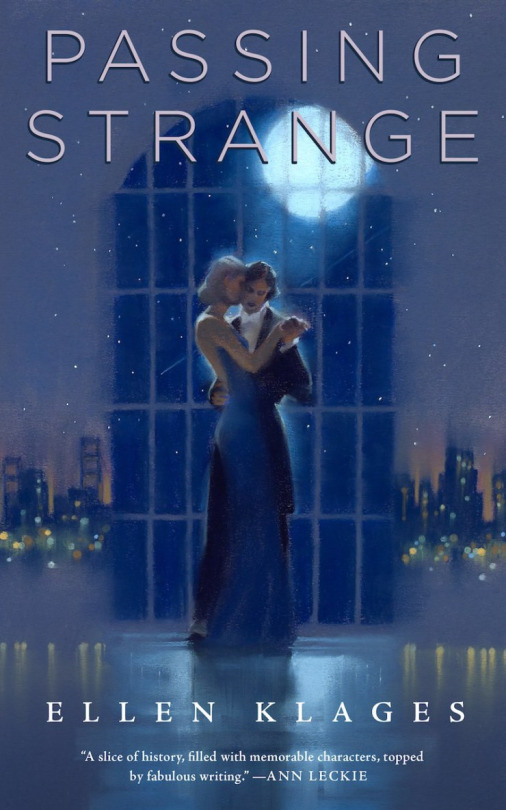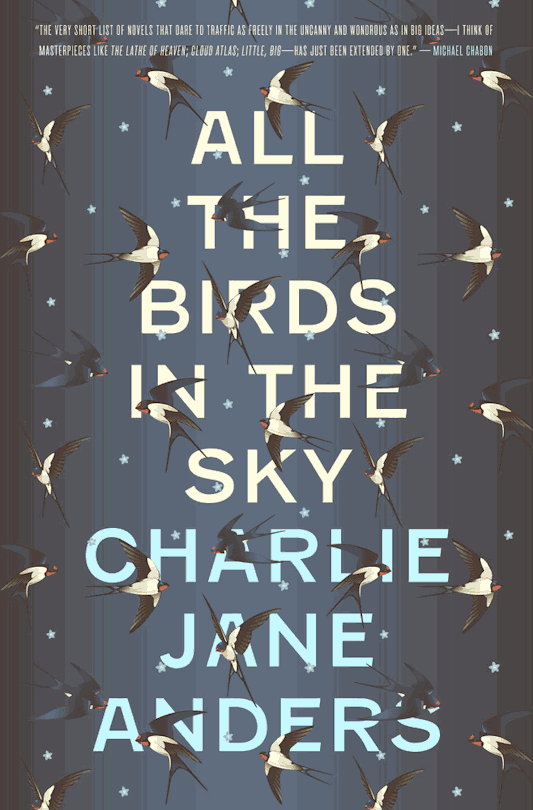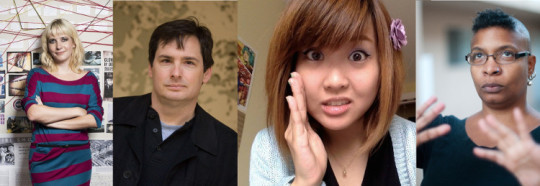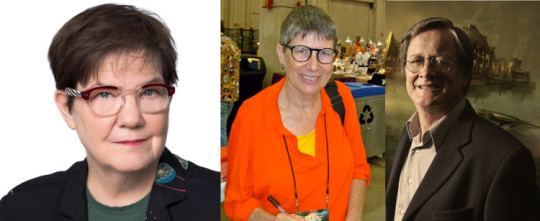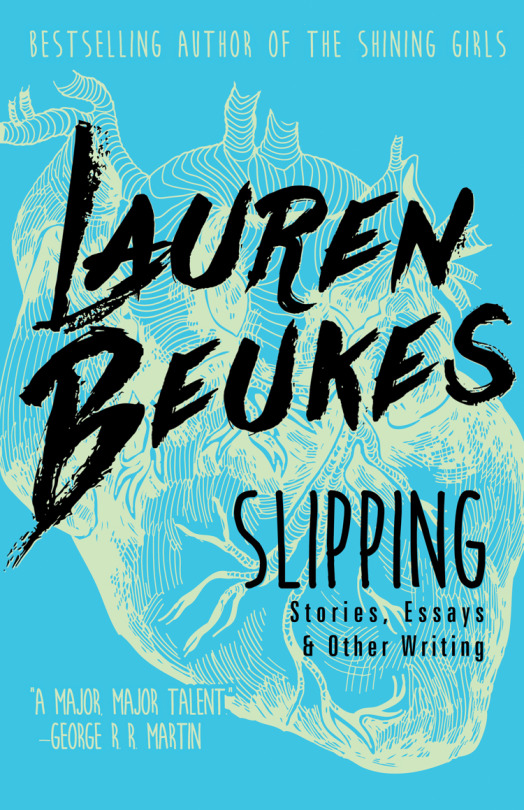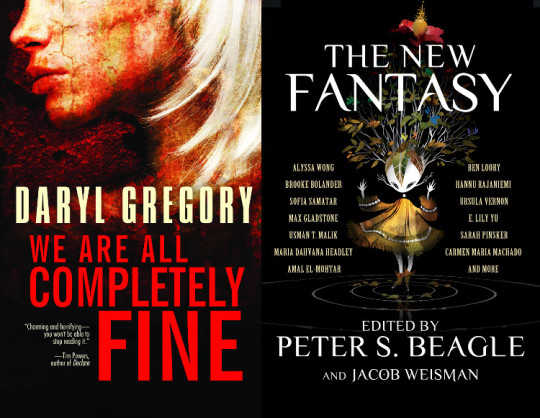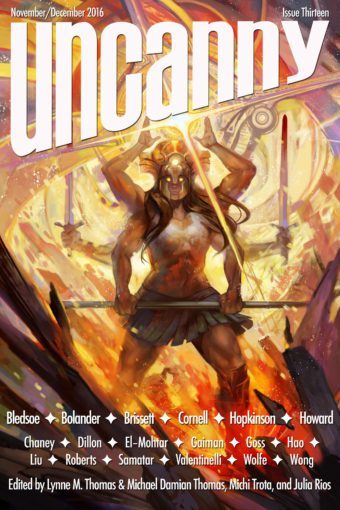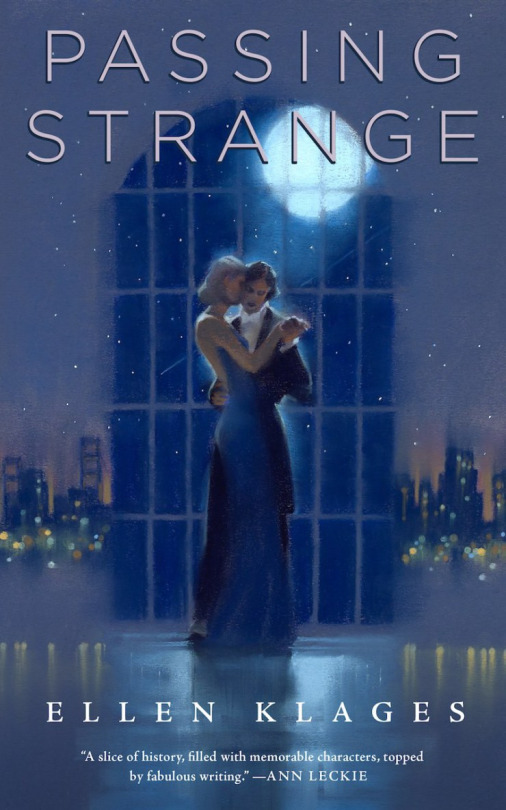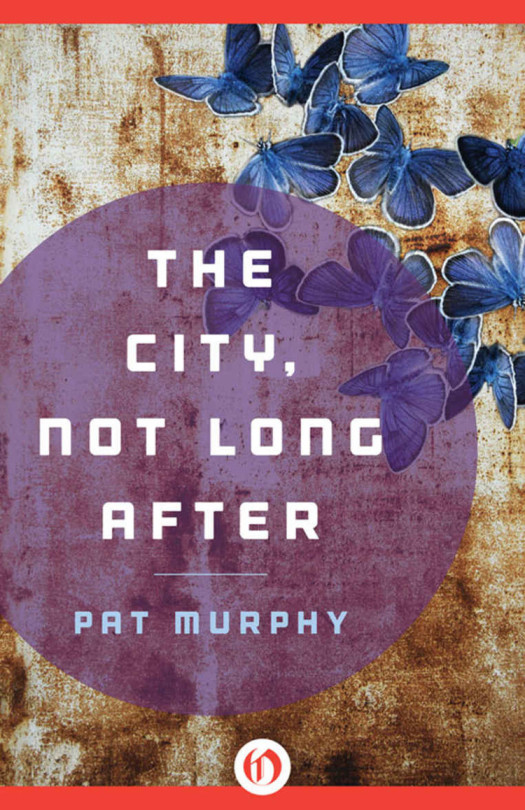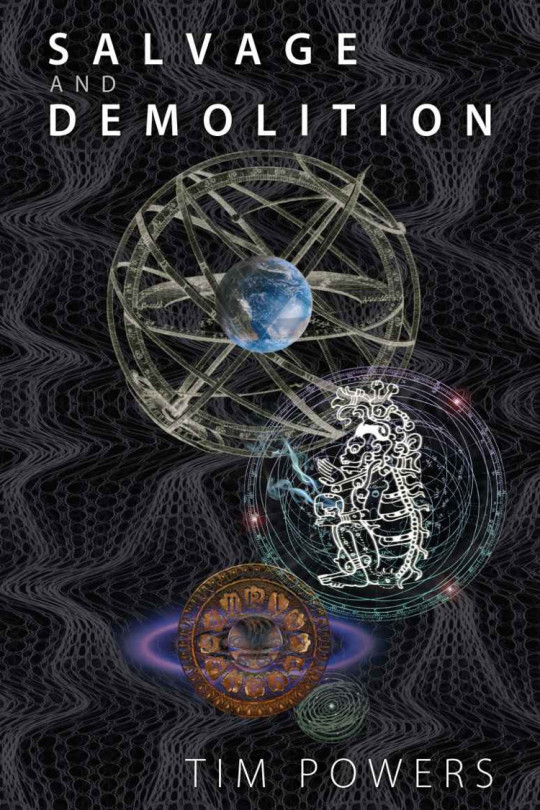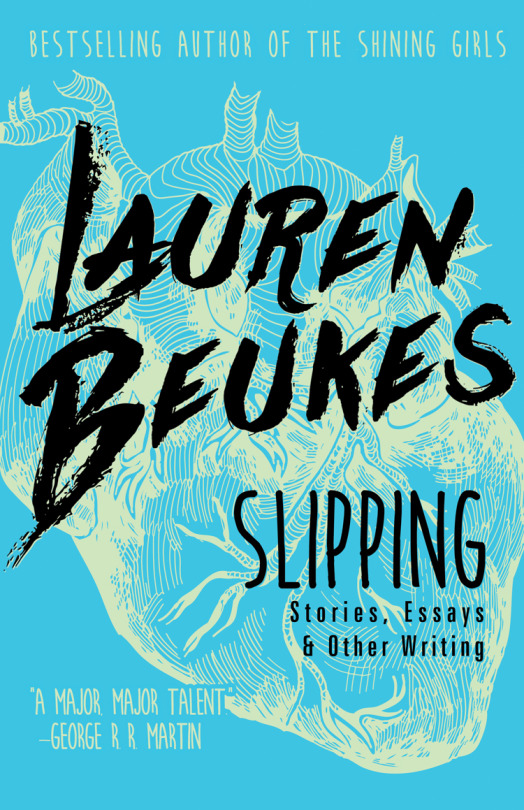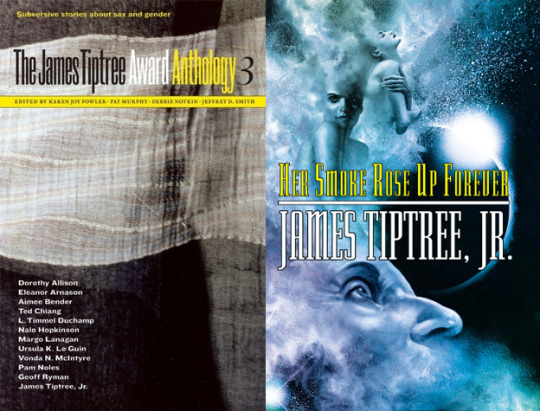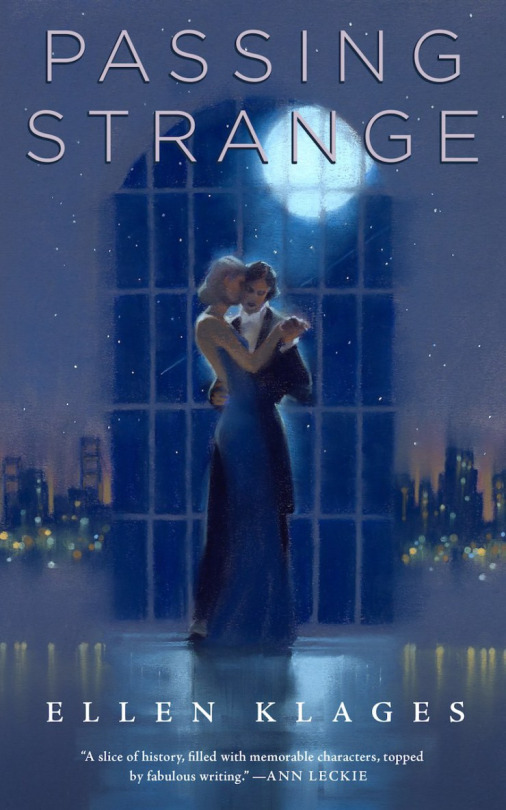Ellen Klages’ witty and sly WICKED WONDERS is recommended
The magnificent reviews keep rolling in for Ellen Klages’ vivid WICKED WONDERS.
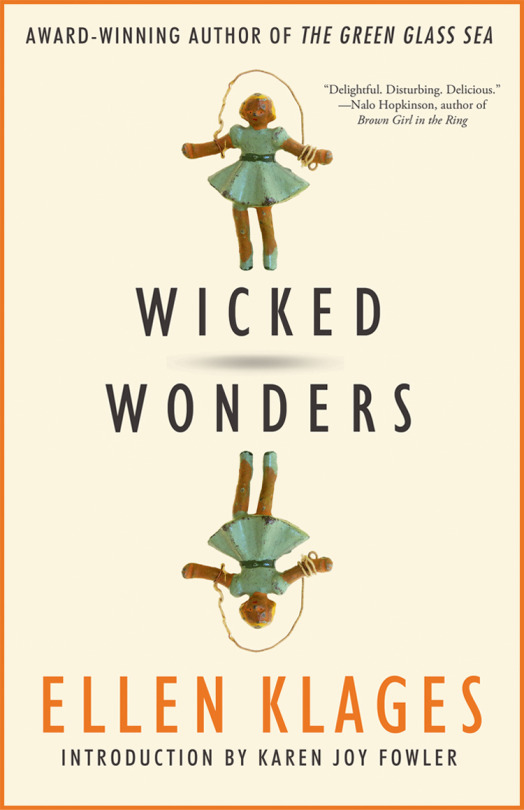
In the MAY 2017 (ISSUE 84) LIGHTSPEED, Lashawn Wanak praises the collection.
I first fell in love with Ellen Klages’s writing with her story “In the House of the Seven Librarians.” She was the writer who I wanted to be when I grew up, and I didn’t discover her until my late thirties. I snapped up her first short story collection PORTABLE CHILDHOODS. In WICKED WONDERS, she continues her stories centered around women of all ages, with witty, sly, wicked, and poignant points that slip into your ribs when you least expect it.
Klages’s protagonists never settle for the status quo—from the opening story “The Education of a Witch,” where Lizzy is taken to see Sleeping Beauty and becomes enamored with Maleficient, much to her mother’s dismay (“she can turn into a dragon, purple and black, breathing green fire!”), to “Hey Presto!” where a British girl stays with her magician father, thinking she’s going to be bored, but ends up becoming captivated with his acts.
The stories range from speculative to literary to science fiction, with the emphasis on science. A children’s game of magic square becomes a means of escape in “Gone to the Library,” while the history of suet provides the catalyst for the “Sponda the Suet Girl and the Secret of the French Pearl” (which was a laugh-out-loud tale of a thief that gets his comeuppance in the most delicious way possible). Indeed, you can tell when Klages has fun with some of stories, such as “Friday Night at St. Cecilia’s,” where game night turns into something almost deadly absurd, and “Mrs. Zeno’s Paradox,” which must be read aloud for its side-splitting (pun intended) wit.
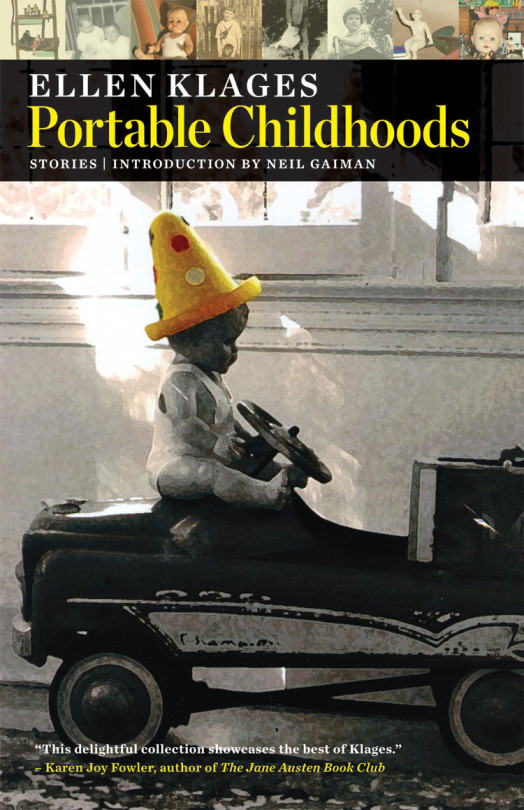
The best part, for me, was the Story Notes. I’m a sucker for author’s notes on stories. They give an inside look on how stories are created, which is valuable for writers. It is like Ellen is right there with you, beer in hand, cracking wise on the wonderful and mysterious world that is fiction writing, and you want to follow her down into it, craziness, drama, and explosively beautiful moments all.
William Grabowski at SEE THE ELEPHANT enjoys the book.
With the deeply moving “Amicae Aeternum,” Klages pays homage to and equals Bradbury, but absent the ever-present sentimentality which sometimes blunted the effect of his short stories. A small-town girl sneaks from home and, walking the neighborhood, inventories objects, textures, and other common sensory details. Pausing at her best friend’s home, the two ride bicycles through pre-dawn hush to a park. Klages’ vivid, but unobtrusive, prose charges the story with immediacy, flowing as naturally as the gurgling creek into which the girls ease their feet. Only in the last paragraphs do we realize the purpose of this clandestine tête-à-tête, and its crushing sadness. Some of us weep not because we’re not celebrities, musicians, poets, or exciting explorers—but because we don’t want to be, and earthly life is all we need.
“The Scary Ham” is from another place entirely—the author’s actual life. Read and enjoy but, as noted by author William Gibson, distrust that particular flavor.
In “Caligo Lane,” Franny, “cartographer by trade, a geometer of irregular surfaces,” through the lonely nights uses available tools to save lives, the fog her agent of topological alchemy. Despite knowing that transferring the world to a map is both magic and art—folding has two possibilities, unfolding only one—can this heal her own very personal loss? Anyone who’s visited the Russian Hill section of San Francisco will immediately recognize Number 67’s bay window and copper-domed cupola. Klages bends the seemingly impossible into angles as unexplainable and alive as the emotions that complicate and, if we’re lucky, keep us together.

Photo: Scott R. Kline
THE ILLUSTRATED PAGE recommends the title.
WICKED WONDERS by Ellen Klages. ★★★1/2
After reading Ellen Klages’s PASSING STRANGE, I decided to check out more of her work. WICKED WONDERS is a collection of her short stories, spanning many different genres. Many of these stories are set in the past, seen from a child’s perspective. Writing from the point of view of children can be tricky, but I think Klages handles it phenomenally.
<snip>
Ellen Klages is a phenomenally skilled writer with the miraculous ability to immerse her readers into nostalgic years of childhoods passed. Her stories also have a clear feminist bent, with the focus on the lives of smart and strong willed women. I wouldn’t hesitate to recommend WICKED WONDERS.
For Locus (May 2017), Gary K. Wolfe reviews Wicked Wonders.
For decades, it
seemed like Ray Bradbury was SF’s default poet of childhood, even
though, with few exceptions (such as ‘‘All Summer in a Day’’),
the girls in his evocative tales were notable mostly by their
absence. I wonder if Ellen Klages is gradually assuming that mantle
while redressing the imbalance. It’s not that all the stories in
her new collection WICKED WONDERS center on young female
protagonists, but most of them do, and ‘‘Amicae Aeternum’’
(the most anthologized of her recent stories) reminded me at once of
that early Bradbury classic. Each story involves a girl acutely aware
of what she loses by traveling into space – the memory of the sun
in Bradbury’s tale of a young immigrant to Venus, an entire
heart-breaking litany of unrealizable experiences in Klages’s story
of a girl preparing to embark on a generation starship – and both
girls seem to hail from almost archetypal Midwestern towns.
Similarly, Bradbury’s most famous autobiographical evocation of
childhood, DANDELION WINE, involved no actual fantasy or SF at all,
and the longest story here, the original novelette ‘‘Woodsmoke’’
– is equally nonfantastic in drawing from Klages’s own vivid
memories of summer camp, though with a characteristic twist toward
the end that lends it an almost speculative tone. Like Bradbury,
Klages is notable for the clarity and unstrained elegance of her
prose, though she never reaches for
the self-conscious rhapsodizing that often characterized Bradbury’s
later work. To the extent that
Klages’s world is like Bradbury’s, it’s for the most part
Bradbury without the boys and without the
exclamation points.From other
perspectives, of course, Klages is nothing like Bradbury at all. She
writes relatively few straight SF stories; other than ‘‘Amicae
Aeternum’’ the only other real example here is ‘‘Goodnight
Moons’’, a moving tale of an astronaut whose unexpected pregnancy
strands her on the moon with a baby who can never return to Earth
(‘‘Mrs. Zeno’s Paradox’’ plays with SF ideas, but is basically an absurdist comedy set in a ladies-who-lunch Dorothy
Parker milieu). When Klages does evoke the decades of her own
childhood, she relies not on nostalgia so much as on meticulous
research of the sort we see in her young-adult novels and in this
year’s PASSING STRANGE. In ‘‘Gone to the Library’’ an
eight-yearold girl befriends a mentally challenged neighbor in early
1950s Princeton, and when Grace Hopper shows up to explain to the
girl about the math of magic number squares (which the girl hopes to
use to save her new friend from institutionalization), you can bet
that Klages made sure that Hopper was in that place at
that time. Similarly, the 1960-ish setting of ‘‘The Education of
a Witch’’ – about a rebellious young girl, unnerved by her
mother’s pregnancy, who identifies strongly with Malificent in
Disney’s SLEEPING BEAUTY to the consternation of the adults around
her – is evoked not only by details of the film, but by Shell
service station signs and the almost exotic experience of going to a
drive-in movie for the first time.
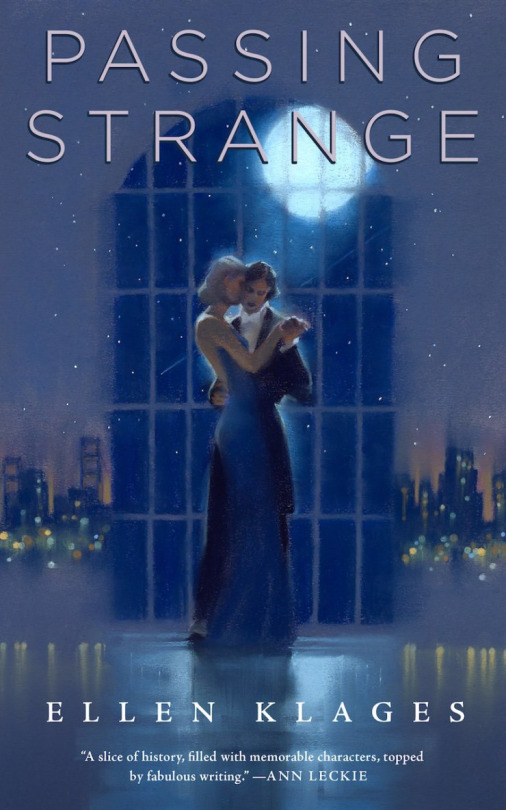
‘‘Caligo Lane’’
is set in the same 1940s San Francisco as PASSING STRANGE – and
features one of the characters in that novella, with her magical
origami becoming mostly a function of real historical geography.
‘‘Hey Presto!’’ also features a PASSING STRANGE character in
a cleverly plotted tale of a science-minded young girl combining her
knowledge with her remote father’s stage magic to foil a villain
who might have stepped out of a pulp magazine – but it features no
direct fantasy at all. The most unusual stories here, in that they
involve European period settings, are both good examples of Klages’s
wry comic imagination.‘‘Sponda the
Suet Girl and the Secret of the French Pearl’’ is a parody of
high fantasy quests which nevertheless draws some of its best comic
effects from real chemistry and food research, while ‘‘Household
Management’’ is a slight and subtle jape at Holmes tales. Klages
closes the collection with ‘‘The Scary Ham’’, a hilarious
non-fiction piece based on an improvisation she found herself doing
at a delayed Nebula Awards banquet a few years ago. It suggests that,
along with the carefully structured story techniques she’s learned
from writers as diverse as Bradbury and Cheever, part of Klages’s
storytelling DNA derives from old radio raconteurs like Jean Shepherd
or Garrison Keillor.
For more info on WICKED WONDERS, visit the Tachyon page.
Cover design by Elizabeth Story
For more info on PORTABLE CHILDHOODS, visit the Tachyon page.
Cover design by Eleanor Farrell

